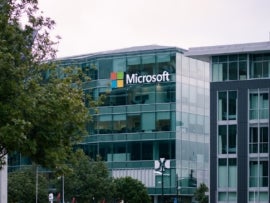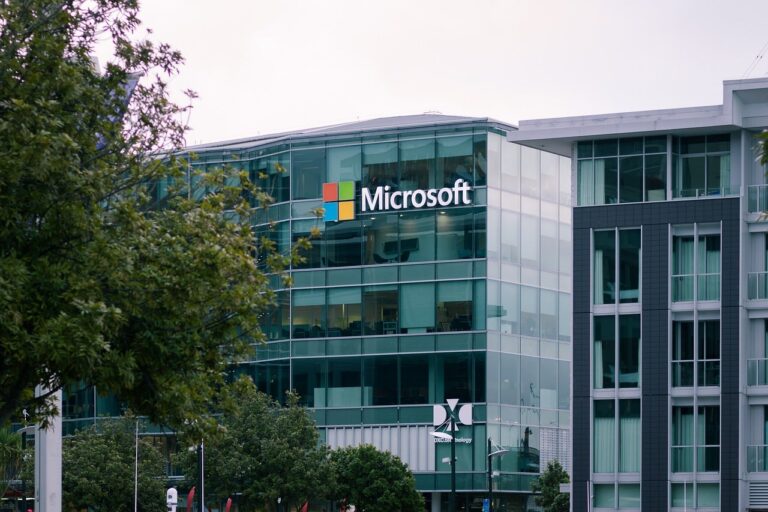
Tensions between OpenAI and Microsoft have escalated as the two companies renegotiate the terms of their long-standing partnership. At the heart of the dispute is OpenAI’s desire to restructure as a for-profit business, a move that requires Microsoft’s approval.
Microsoft is seeking a larger stake in the new company than OpenAI is willing to offer, according to people familiar with the matter, who spoke to the Wall Street Journal (WSJ). Sam Altman’s company is only willing to offer a 33% stake in exchange for Microsoft forgoing its right to future profits, according to The Information.
The two companies are now locked in a standoff, as Microsoft demands additional concessions, a person who has spoken to an OpenAI exec told The Information. It is rumored that Microsoft wants to continue having access to OpenAI’s models even if they achieve human-like intelligence, which would end the current partnership, according to the WSJ.
Negotiations have become so strained that OpenAI executives have considered accusing Microsoft of anticompetitive behaviour, potentially involving federal regulatory review of their contract for antitrust violations, according to the WSJ.
OpenAI does not want Microsoft to get too cosy with its latest AI coding acquisition, Windsurf
Microsoft’s partnership with OpenAI began in 2019 with a $1 billion investment in exchange for an exclusive licence to commercialise the core GPT models. This was extended in January 2023 with a multi-billion-dollar investment in OpenAI, which made Azure its exclusive cloud provider.
The relationship has worked so far, with Microsoft funding Altman’s pursuits in exchange for first dibs on proprietary technologies. However, since Microsoft has entered the AI game itself, the lines around mutual benefit have grown increasingly blurred, especially since it launched GitHub Copilot, an AI coding assistant that directly competes with OpenAI.
Indeed, another point of contention in the negotiations is OpenAI’s $3 billion acquisition of the coding startup Windsurf. Under the terms of their current agreement, Altman’s startup must provide access to all of OpenAI’s IP to Microsoft, but it does not want to extend that access to Windsurf’s technology, according to the WSJ. Microsoft’s GitHub Copilot directly competes with OpenAI in the AI coding space.
“We have a long-term, productive partnership that has delivered amazing AI tools for everyone,” representatives for Microsoft and OpenAI said in a joint statement to the WSJ. “Talks are ongoing and we are optimistic we will continue to build together for years to come.”
Signs of tension have been brewing for months
Signs that the relationship between OpenAI and Microsoft is fraying have been emerging for some time. Last year, Microsoft hired Altman’s rival, Mustafa Suleyman, to develop proprietary models and reduce the company’s reliance on OpenAI.
In addition, while OpenAI must work exclusively with Microsoft for cloud hosting and model licensing, Redmond has been forging partnerships with several of its competitors. It has struck non-exclusive licensing deals with Inflection AI and Mistral AI, and Azure AI Foundry features hundreds of foundation models from companies such as Meta, DeepSeek, NVIDIA, Cohere, and Hugging Face.
However, last month, it added Elon Musk’s Grok chatbots to the list. Musk has been locked in a feud with OpenAI since stepping down from its board in the late 2010s, citing disagreements over its leadership direction, which has manifested into various lawsuits.
Earlier this month, it was reported that OpenAI may turn to one of Microsoft’s biggest rivals, Google Cloud, to help fulfill its massive computing capacity needs. It has also begun working with SoftBank and Oracle on its own data centre, the $500 billion Stargate project planned for Texas, and made a deal with CoreWeave for billions in computing power.
Altman has made it clear that he wants to reduce OpenAI’s dependence on Microsoft as its sole infrastructure provider. According to The Information, he’s pushing to revise clauses in their agreement that grant Microsoft exclusive rights to host OpenAI’s models on its cloud. This would result in both more computing resources and revenue from the new customer base.
OpenAI’s journey to for-profit status
In May, OpenAI announced its plans to adopt a public benefit corporation (PBC) model, similar to structures used by rivals such as Anthropic and xAI, while maintaining full oversight under its original non-profit status. The goal is to attract investment while upholding the organisation’s mission to develop safe and beneficial artificial intelligence.
This followed months of speculation that OpenAI was going to become fully for-profit, something heavily criticised by former employees, AI experts, and co-founder Elon Musk. Microsoft, which has poured $13.75 billion into the company, is reportedly pushing for stronger protections for its investment before agreeing to the restructuring.
The attorneys general of California and Delaware, where OpenAI is incorporated, are also reviewing the restructuring. Nevertheless, despite the legal and investor drama, Altman insists that the new PBC model, under non-profit control, is the best way to keep OpenAI aligned with its values while securing the funding needed for future AI breakthroughs.
Read our guide to navigating the ethical challenges of generative AI to learn more.

